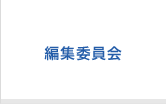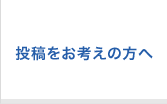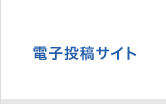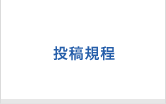第51回日本神経学会総会
<シンポジウム10―4>TIAの新しい概念と対策
TIAの新しい概念と対策
卜部 貴夫
順天堂大学医学部神経学講座〔〒113―8421 東京都文京区本郷2―1―1〕
In the past, transient ischemic attack (TIA) was defined as any sudden, focal cerebral ischemic event with neurological deficit lasting <24 hours. However, in several series of patients with TIA who underwent diffusionweighted magnetic resonance imaging, many ischemic episodes with symptoms lasting <24 hours are associated with new infarctions. Therefore, TIA working group proposed a new tissue-based, rather than a time-based, definition of TIA: "a brief episode of neurological dysfunction caused by a focal disturbance of brain or retinal ischemia, with clinical symptoms typically lasting less than 1 hour, and without evidence of infarction". The latest definition of TIA is "a transient episode of neurological dysfunction caused by focal brain, spinal cord, or retinal ischemia, without acute infarction". Recent studies have shown that stroke risk after TIA is high in the first few days. Two prognostic scores for short-term risk of stroke after TIA have been proposed: the California score and the ABCD score. The ABCD2 score has the same components as ABCD, but with diabetes mellitus added. This score was a more accurate predictor than either of the previous scores. Antiplatelet therapy should be prescribed immediately for the secondary prevention of stroke in patients with a noncardioembolic TIA.
Full Text of this Article in Japanese PDF (190K)
(臨床神経, 50:910−912, 2010)
key words:一過性脳虚血発作,MRI拡散強調画像,ABCD2スコア,抗血小板療法
(受付日:2010年5月22日)






